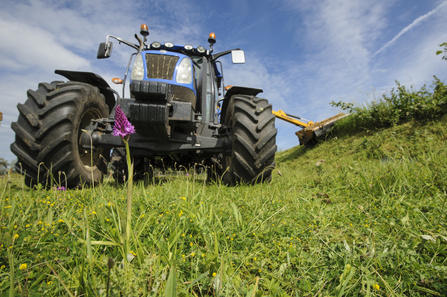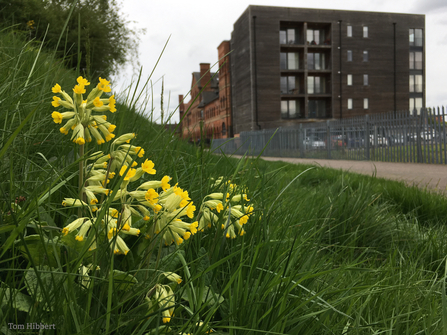We rarely see such a strong example of bad workmen blaming their tools. The Wildlife Trusts recognise that any long-running system needs updating, but the Planning White Paper proposals are not the way to achieve this.
It’s a complicated matter
The English planning system has been in place for over 70 years, and has been tested, reviewed and honed throughout. Planning is a complicated practice which must take many different issues into account and engages many different sectors.
The current system in England is not perfect. But many of the aims that the Government has set out in the new Planning White Paper would be met by the current system – sadly failure is often in the implementation, not the system itself. Trying to oversimplify this complicated matter will lead to poorer decisions.
What is the consultation?
The consultation seeks views on the package of proposals for the planning system forms in England. There are some interesting ideas in the story the White Paper starts to tell. However, these are not backed up within the consultation.
The Government has been releasing these proposals in instalments, maintaining the suspense, the details tantalisingly out of reach. But even with the little information that has been provided what is most clear is that by failing to address climate change, the ecological crisis and growing health inequalities, these reforms will not give us a planning system that is fit for the future.
We are very concerned by the Planning White Paper proposals and our top three key issues are:
-
The reforms are highly likely to increase nature’s decline.
-
The reforms fail to integrate nature into people’s lives.
-
The reforms undermine the democratic process and provide little opportunity to influence individual development proposals.
Below we lay out why we're so concerned.



